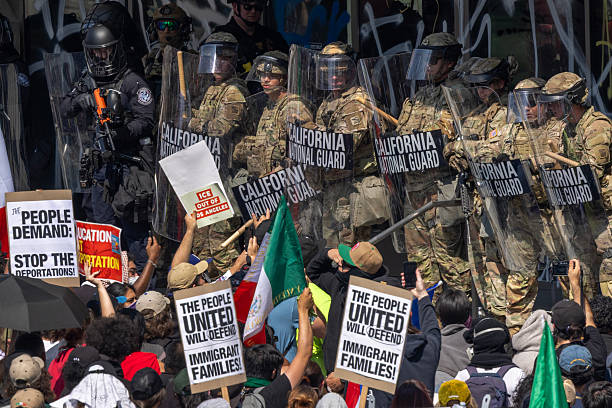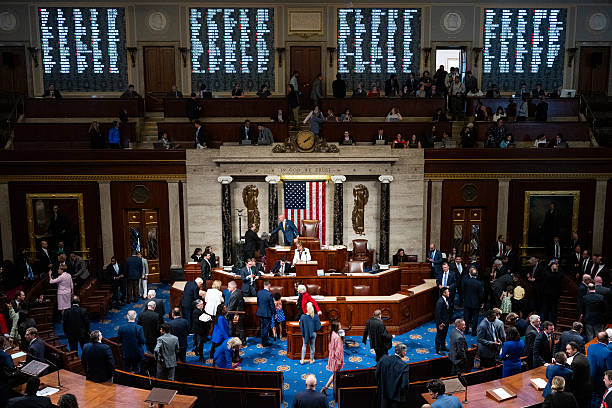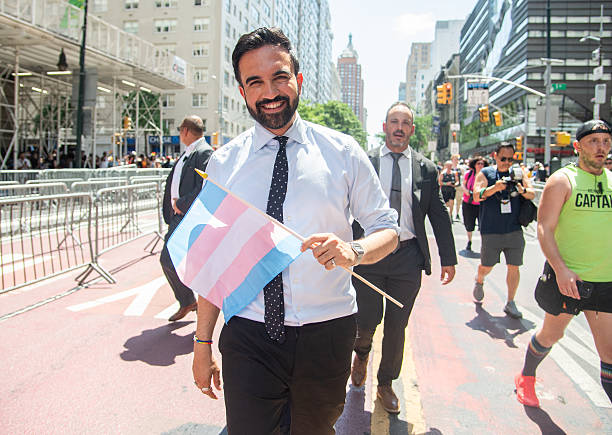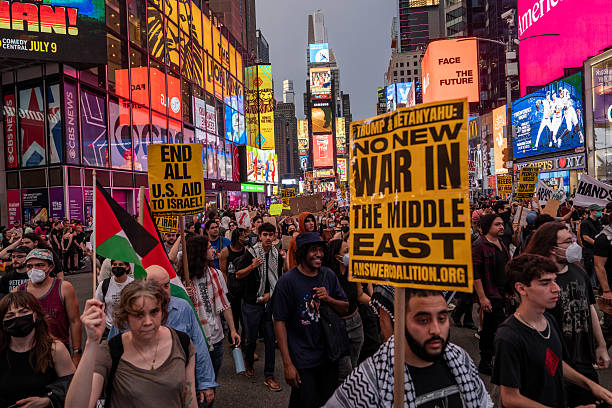By: Sahra Mohamed
Los Angeles is experiencing a rise in protests against has the U.S. Immigration and Customs Enforcement (ICE) operations, bringing nationwide attention to concerns over current immigration enforcement policies. These demonstrations are shedding light on many challenges, including ICE’s expanded use of private contractors, reports of unlawful deportations, and the ongoing humanitarian fallout from the Trump administration’s travel bans. To understand what’s driving people into the streets, it’s important to look closely at ICE’s current tactics and the toll they’re taking on immigrant communities. In 2025, ICE ramped up its enforcement efforts by outsourcing much of its operations to private contractors. According to a report by Reuters, the agency has tripled its daily arrest targets from 1,000 to 3,000 individuals, following renewed mandates set by President Donald Trump to increase deportation numbers. These tactics have included workplace raids, home arrests, and detentions during routine ICE check-ins, even for individuals with no criminal history. Advocacy groups argue these practices instill fear, especially in the Latino, African, and Middle Eastern immigrant communities across Southern California.
Tensions escalated on June 8, when the Trump administration ordered National Guard troops into California to support ICE operations. The announcement drew crowds of demonstrators to downtown Los Angeles, where many condemned the government’s militarized tactics. The demonstrations have been met with a heavy police presence and, at times, violence. Several journalists covering the protests have been injured. Reporter Lauren Tomasi of 9News Australia was struck by a rubber bullet while on assignment, as reported by CBS. According to People Magazine, Freelance photographer Toby Canham was also hit by rubber bullets during live coverage. The LAPD has launched an internal investigation into allegations of excessive force, but has yet to comment specifically on the treatment of members of the press. Eyewitnesses report that arrests are being carried out by individuals in unmarked vehicles or without clear identification. In many cases, those detained are denied immediate access to legal representation and are unable to notify their families of their whereabouts. This has a devastating effect on children and teenagers, who are taken without warning and left unable to contact their loved ones. This disregard for due process has intensified calls for greater transparency and accountability. Legal experts and immigrant advocacy groups have expressed concerns about the way ICE conducts deportations. Thousands of immigrants are detained and removed from the U.S. without fair hearings or access to legal counsel. According to the National Immigration Law Center (NILC), such practices violate constitutional protections and disproportionately affect poor and marginalized communities. The consequences are devastating: families are torn apart, communities destabilized, and individuals deported to countries in crisis.
The situation has become even more complicated following the Trump administration’s reinstatement of a travel ban in June 2025. The ban targets 12 Muslim-majority or conflict-stricken countries such as Afghanistan, Sudan, Somalia, Chad, Eritrea, Libya, and Yemen and places partial restrictions on seven others, including Cuba and Venezuela. In a report published in Reuters, countries like Chad have suspended U.S. visa services in protest of the travel ban. The ban has also halted asylum processing, separated families, and drawn criticism from both domestic and international leaders. According to the United Nations Office for the Coordination of Humanitarian Affairs (OHCHR), Sudan is facing a devastating famine caused by ongoing conflict and economic collapse. Yemen remains trapped as the Trump administration continues bombing the country, destroying much of its infrastructure and public services, leaving millions without access to clean water, healthcare, or education. Somalia is also experiencing mass displacement due to violence and drought. Despite the challenges abroad caused by President Donald Trump’s actions, immigrant communities in Los Angeles are working to confront the impact of his deportation policies at home. Groups like Unión del Barrio, are helping residents navigate these challenges by hosting legal clinics, “Know Your Rights” sessions, and response teams to intervene during raids. Local organizers are working tirelessly to ensure that no one feels alone in the face of intimidation. Legal action is also underway. A number of lawsuits have been filed challenging ICE’s expanded use of private contractors. Many civil rights attorneys argue these policies violate constitutional rights to due process, equal protection and international asylum agreements. The protests show no sign of slowing down. Demonstrators are calling for systemic reform, an end to private immigration enforcement, and legal protections for all immigrants, regardless of status.










